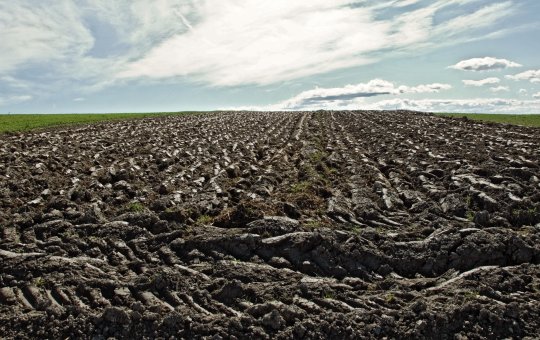The phrase “sitting on packed bags” means being ready to leave at a moment’s notice, either to go on a well-deserved vacation or an uncertain journey to parts unknown. While some just want a change of scenery, others are forced to leave their homes. Packed bags signal a temporary stay and are utilized by tourists and refugees alike. In the best scenario, the relaxing vacation spot awaits – in a less favorable scenario, a precarious diaspora or an alienating exile. The two groups of travelers are seen in an entirely different light by their respective host countries: Tourists are welcomed as a beneficial economic factor because they recompense their hosts for meeting their demands. In contrast, refugees are unpopular because they disrupt the comfortable status quo and cause expenses. Both groups may seem equally alien to the locals. But while tourists will leave after a short stay and are encouraged to visit again soon, refugees usually are here to stay for a long time. And if they finally do leave, nobody wants them to return. As a tourist, the world is your oyster. For a refugee, the world is a dangerous obstacle course.
We call the restless and humiliating trek through foreign lands an odyssey, in memory of the seafarer of Greek mythology who left his home as a warrior and returned after many dangerous and ill-fated journeys. However, the Greek mythical hero is not a fitting symbol or prototype for the modern refugee experience. Odysseus left his home with a fixed goal, and his eventual return was taken for granted. Today’s refugees have more in common with Abraham, who left his home on God’s command. Like him, today’s refugees sense that they might never be able to go back home. Abraham the native was transformed into Abraham the wanderer, whose home consisted of nothing more than the divine promise of a home.
Those who, in the here and now, aim to defend what they think of as their own against others choose the wrong kind of home. And those who, in the here and now, deny hospitality to others risk the promised, the true home. At first glance, this stance may seem quite naïve. In fact, the reverse is true, as the prophet Jeremiah shows. He encourages the refugees to unpack their bags and stow them away. The exiles are told to settle down where their flight has taken them. But that’s not all: they are also told to “seek the peace and prosperity” of their new surroundings because they themselves stand to profit from doing so. The Old Testament prophet turns not only our theologies, but also our state-mandated integration policies on their heads. We usually reserve the task of ensuring the peace and prosperity of a city for its native inhabitants. And refugee policies are turned into a gesture of mercy and generosity that doesn’t expect anything from the newcomers but to assimilate themselves as thoroughly as possible. Refugees are constantly faced with demands that are an expression of our distrust, that set the most narrow and unattractive boundaries possible and that render them immobile and incapacitated.
Instead of such regressive policies, the prophet champions a true policy of integration: Caring for the well-being of the city is everyone’s task, and especially that of the refugees. That sounds crazy! Jeremiah puts the strangers, of all people, in charge of the city’s prosperity. He places them under this obligation because he trusts them and knows that they are capable. He trusts the refugees, of all people, to take on the fundamental task of caring for the common good. This is a biblical policy of integration!
Gottfried Wilhelm Locher, Council President
Federation of Swiss Protestant Churches
Bishop Charles Morerod, President
Swiss Bishops Conference
Bishop Dr. Harald Rein, Christ-Catholic Church of Switzerland
Dr. Herbert Winter, President
Swiss Federation of Jewish Communities
